|
Critics charge that some police are targeting minorities more aggressively than whites over social distancing,
Last weekend, police responded to a party in the predominantly African-American Hyde Park neighborhood of Los Angeles with riot gear and side-handle batons, according to the story, while predominantly white demonstrators protesting stay-at-home orders were allowed to gather across the state without a similar reaction from law enforcement, NBC News reports. The attendees at the Hyde Park party were mostly women who had been celebrating the birthday of a baby who had just turned 1. There were no reports of arrests, “but the heavy-handed tactics” prompted some to complain about police bias in this and another incident in south Los Angeles, NBC said. The Los Angeles Police Department (LAPD) denied the charge. LAPD spokesman Josh Rubenstein said by email, “The Los Angeles Police Department is consistent in the way we enforce the Mayor’s ‘Safer at Home’ Directive,” according to Yahoo. “The South L.A. parties “were ‘disturbance’ calls for service and not random enforcement of the ‘Safer at Home’ directive,” said Rubenstein. Similar complaints have emerged in other cities. In Chicago, concerns were raised about an incident of multiple squad cars surrounding a group of children playing in an African- American neighborhood and ordering them into their homes, according to Streetsblogchicago. On that same sunny day, in a nearby white neighborhood, people were reportedly gathered in conversation and “frolicking in the park” without being targeted by law enforcement. “While it would be appropriate for an officer to tell a large group of kids to disperse, clearly police in three squad cars surrounding a group of young children was unnecessary and harmful,” said the article. In New York City, an incident filmed earlier in April continues to rankle: a group of police officers at a Harlem subway station “grabbed and restrained a child who was apparently selling chips and candy,” reported The Intercept. “In the video, the officers are seen struggling with the boy, who is crying, and kicking a bag of snacks he was holding, while a woman claiming to be the child’s mother begs them to let him go and bystanders angrily shout that he is ‘a little boy.’” The Intercept reported: “The number of arrests in the city has dropped in recent weeks as crime has plummeted. But particularly in poorer neighborhoods that are home to many essential workers — the neighborhoods where the risk of contracting the virus is highest and where aggressive policing is most common — arrests over minor, nonviolent offenses and ‘quality of life’ infractions have continued.” Some critics contrast the heavy-handed tactics with the comparatively kid-gloves treatment of demonstrators in another cities against lockdowns. Most of the participants in those demonstrations are white. The NBC News report said that when stay-at-home demonstrators “hit the beach” in Encinitas, California, on April 19, no citations or arrests were made. “The same weekend, dozens of stay-at-home demonstrators, some without masks, gathered in downtown San Diego, and no citations or arrests were reported.” Gov. Gavin Newsom, who issued statewide stay-at-home orders on March 19, was asked about the lack of arrests last week, and said he “believed protesters were supposed to be observing social distancing.” Nancy Bilyeau is deputy editor of The Crime Report.
0 Comments
Voter suppression is an issue that undermines democracy. As the 2020 elections near, there are four areas of particular concern that have emerged: voting registration list purges; polling place changes; old and defective voting machines that do not record votes; and challenges for vulnerable communities, including students from out of state, lower-income communities, and communities where English is a second language.
Lawyers are well equipped to educate. That is why it is important to know your state’s voting laws. Find out your state’s registration process and deadlines and the particular challenges your state’s voters encounter. Then share what you learn with neighbors and friends. We can also help others litigate and work with elected officials to legislate. Reach out to help the attorneys and legislators in your state who are already on the front lines. Anything you do will help ensure the right to vote. The organizations described here are part of the many organized efforts helping every voice be heard and are great places to begin. American Civil Liberties Union The ACLU has recently filed two lawsuits against Brian Kemp and all Georgia county registrars to combat the repressive voting requirements. You can donate to ACLU chapters in states that are particularly vulnerable to voter suppression. You can also sign the petition to pass the Voting Rights Advancement Act, which restores protections to the Voting Rights Act stripped by a 2013 Supreme Court decision. Asian Americans Advancing Justice/Asian Law Caucus Asian Americans Advancing Justice provides a voter hotline with assistance in nine Asian languages and ways for people to check their voter registration, understand their ballot, and know their voting rights ahead of time. Get involved by volunteering or donating on their website. Brennan Center for Justice The Brennan Center for Justice is a great resource if you need a good place to start educating yourself about voter suppression. Sign up for their monthly newsletter to stay informed about their work. Common Cause Common Cause fights to expand voting rights and eliminate gerrymandering. This organization has a step-by-step guide to help write letters to the editor. Volunteers are encouraged to work at a Common Cause state office, phone bank, and text bank to help organize their community. Election Protection Election Protection provides information about polling locations and absentee ballot information and has a nonpartisan hotline to call if things go awry on voting day. Call (866) OUR-VOTE if you think someone is illegally being denied the vote, if your polling machine breaks, or if there aren’t enough ballots, etc. Attorneys can sign up to volunteer with Election Protection to help on-the-ground efforts to protect voting rights. Nonattorneys can sign up as poll monitors on Election Day. Indivisible Indivisible makes it easy to help get out the vote. Online tools make it easy to text or call voters in key swing elections—even if you are not in that state—to remind them to vote. They also have tools to help you organize locally. League of Women Voters The League of Women Voters is involved in federal and state voting rights cases around the country and actively opposes discriminatory voter photo ID laws, attacks against the voter registration process, and holds lawmakers accountable when they try to institute last-minute Election Day barriers. Call your local chapter today. Let America Vote Let America Vote recommends hosting a “Voting Rights House Party,” providing housing for volunteers, and door knocking for 2020 candidates who are fighting voter suppression. NAACP If your state in particular has issues with voting rights, donating to or volunteering with your local NAACP is a great way to get involved. Local chapters know the specific needs of your area and in many locations run get-out-the-vote campaigns in which you can help. Spread the Vote Spread the Vote helps voters get IDs ahead of Election Day. Voter ID laws in particular affect communities of color, the elderly, and new voters. This organization helps people navigate state ID laws, can assist with application fees, and drives voters to the DMV to get an ID. Voto Latino Voto Latino has registered more than 300,000 young voters, many of whom they reached by launching the country’s first text-to-register voter registration campaign. They are also the minds behind National Voter Registration Day. "We Won't See Parents Punished So Cavalierly"
When parents are accused of child neglect or abuse in New York State, their names are automatically placed into a state registry, even if the allegations were deemed uncredible, and even if a case of maltreatment against a parent was later dismissed by a family court judge. And having an open file in the registry affects parents’ economic prospects, because they are red-flagged when applying for certain jobs. But after years of advocacy, changes are coming. As part of the state budget, Governor Andrew Cuomo signed widely-supported legislation to bring reforms to the system. Last year, he vetoed the bill, citing cost issues. Senator Velmanette Montgomery, who sponsored the legislation in the state senate, said she was “so excited” about the bill’s passage. “It will make a huge difference for hundreds of thousands of people moving forward and we won't see parents punished so cavalierly," said Montgomery in a statement. "This was an important step forward and I'm hopeful that we just opened the door for this conversation to continue.” The registry, called the Statewide Central Register of Child Abuse and Maltreatment, is easy to get on and difficult to get off. It does not currently differentiate between charges of abuse and of neglect. Many of those neglect charges, legal advocates have said, relate to poverty, such as inadequate housing or leaving children unattended for lack of childcare. Having an open record with the state, even long after parents had rectified a perceived unsafe situation at home, could restrict certain employment opportunities for those parents for up to 28 years. In New York City, the vast majority of families ensnared in the system are low-income parents of color. The reforms, which don’t go into effect until January 2022, will increase the standard of evidence needed for child protective services to “indicate” a case of abuse or neglect—meaning the claim of maltreatment is credible enough to continue an investigation. New York currently has a particularly low burden of proof in these cases, according to Chris Gottlieb, co-director of the Family Defense Clinic at the NYU School of Law and a strong advocate of the reforms. The legislation also calls for the state to seal the records of parents accused of neglect—not abuse—after eight years for the purposes of employment background checks. Currently, parents with cases in the state register are barred from working certain jobs, such as daycare employees or home health aides. A wide range of advocates, including children’s welfare organizations, supported this change. They argued that the current rules block employment opportunities for families, thereby hurting children. The city’s Administration for Children’s Services also supported changes. At the time the bill was introduced, the agency said it was “pleased” with legislation that would better balance the goals of protecting kids with ensuring employment opportunities for low-income communities. “In New York, this is by far the most progressive child welfare reform that we’ve seen in the last 40 years,” Gottlieb said, because the reforms aim to actually improve outcomes for families. Joyce McMillan, a family advocate for the organization Sinergia and a driver of the legislative reforms, said the changes were hard won and represent a big step for parents listed in the state registry. “For many, many decades, this is how the system operated and people didn’t see a need for change,” she said. “And every time we spoke about change, somehow or another, it was flipped back to ‘Children are not going to be safe.’ How does sentencing parents to poverty keep children safe?” This system is a hard one to change, McMillan said.
Gov. Ralph Northam signed into law several criminal justice reform bills Sunday. Here's a breakdown.
Virginia Gov. Ralph Northam signed multiple criminal justice reform bills into law Sunday, including measures to reform parole and decriminalize simple possession of marijuana. The reform package also includes an amendment that would seal prior conviction records and prohibits employers from inquiring about them, as well as permanently eliminating drivers license suspensions solely for unpaid fines and court costs. Most of the legislation was proposed back in January in an effort to give Virginians access to "a fair and equitable criminal justice system," Northam wrote in a statement from his office April 12. "These bills combat mass incarceration, increase support for returning citizens, and ensure that those who have paid their debt to society have a meaningful second chance," he said. Here's a breakdown of some of the new legislation: What's the difference between legalizing marijuana and decriminalizing it, and where does Virginia stand? Under newly-signed House Bill 972, simple possession of marijuana is decriminalized and a workgroup has been created to study the impact of legalizing marijuana. Now in Virginia, being found with simple possession of marijuana holds a maximum civil penalty of $25, a huge decrease from the previous $500 maximum fine and upwards of 30-day sentences for first-time offenders. But decriminalization of marijuana is different than legalizing marijuana. Under decriminalization, those sentences and jail time penalties no longer exist, meaning you can't be incarcerated for simple possession. But other penalties like that $25 fine and potential others still exist, and sales still are illegal. If Northam were to legalize marijuana in the state, generally all of those government-enforced penalties -- including that $25 fine -- would be removed and sales would most likely be allowed. Virginia would then join the ranks of D.C. and 12 other states who have the drug legalized for recreational use. Northam proposed to require the results of the marijuana legalization study by November 30 of next year, a step exploring potential legalization of the drug in the commonwealth. What about suspended licenses and sealed convictions in the commonwealth? Beyond decriminalizing marijuana, Northam also repealed the requirement that driver's licenses of any person convicted of violating the law who doesn't immediately pay fines be suspended. In addition, Virginians can no longer have their licenses suspended for non-driving related offenses, like drug offenses or fuel theft. Speaking of drug offenses and convictions, Northam's new package also provides that a person's criminal history record information can't include records of any charges or judgments for those simple possession violations. Employers and educational institutions like college campuses can't require applicants to disclose information related to the arrest or to a criminal charge, except in special circumstances. And if you did have a license in the state that was suspended before July 1 of 2019 -- solely because of nonpayment for fines and cost-- the Commissioner of the Department of Motor Vehicles is now required to return and reinstate it without a fee. Secretary of Public Safety and Homeland Security Brian J. Moran called the move "historic and transformative" on Friday, with House Majority Leader Charniele Herring in agreeing. “As a lawyer, I believe injustice, and that means we must aspire to a legal system that promotes equality under the law,” said House Majority Leader Charniele Herring. “I also believe in fairness, transparency, and compassion. These new laws strengthen our criminal justice system." RELATED: Northam proposes DOC release prisoners with less than one year left on sentence She works long days as key cog in Maine's virus fight.
OLD ORCHARD BEACH (BDN) -- At midnight after long work days as an integral part of Maine’s response to the new coronavirus, Joan Gordon has been logging on to her computer at midnight in bids to secure a valuable reservation. That is a spot in the Hannaford To-Go service. Gordon works long days and wants to stay out of stores because of her job. She wants to protect her 97-year-old father, whom she also buys groceries for. But the pickup program has been scaled back and overwhelmed due to the virus. New reservations become available at midnight. They are gone in seconds. After a few times trying programs at Hannaford and Shaw’s, Gordon recruited members of her family to hold spots. Her sister in San Diego and son in Colorado — both in earlier time zones — would boost her chances of getting a reservation. After no success, she called a Hannaford agent. “He explained to me that they posted the delivery slots at midnight, but he said somehow in seconds they were gone,” Gordon said. “And he said, ‘Just keep trying.’” Gordon, of Old Orchard Beach, is typically not up at midnight. She is a molecular biologist at the Maine Molecular Quality Control Institute in Saco, where she makes controls for kits that test for respiratory issues other than the coronavirus. That helps doctors rule out the virus in symptomatic people. “If this patient has the flu, they probably don’t have the coronavirus,” Gordon said. “It’s kind of an over-the-counter thing and it helps relieve everybody’s anxiety.” Gordon’s lab is the only facility of its kind in the state. Demand has skyrocketed over the last month, she said, as it also develops controls for coronavirus tests that are set to become available in the next six weeks. At the same time, the institute is under increased stress. “There’s the fear that one of us is going to get sick and all of our co-workers are going to get sick,” Gordon said. “Some people are very fearful — rightfully — and they’ll just not come to work.” That brings Gordon to her grocery problem. She doesn’t blame Hannaford for the design of the To-Go lottery. She said she “empathizes” with it and other supermarkets. After briefly suspending the program, Hannaford recently redesigned its To-Go services — in which an associate bags items customers order online for curbside pickup — after initial demand during the coronavirus outstripped capacity. Customers are now able to reserve pick-up times at hourly intervals for two days in advance. A new day of times becomes available at midnight. But that lottery system has unintended consequences that may make it more difficult for older people, those like Gordon who work in essential jobs and the technologically unsavvy to use services that help them obtain groceries more safely. In a statement, a Hannaford spokesperson said the chain has seen “unprecedented demand” for the services as well as in-store shopping. Hannaford apologized for any “inconvenience customers may experience” and added that it is “actively pursuing” hiring additional staff to improve services. Hannaford’s intention is likely not to affect older customers, said Nicole Bradick, the CEO of Theory and Principle, a Portland-based legal technology product design firm. But she said there could be a simple fix if that is the case — moving the roll-out time to an earlier point in the day. “If there’s a causal relationship between the time that those roll out and the ability for elderly people to get their groceries, they can fix that by changing the time that those get released,” Bradick said. “But I don’t know that you [can] draw that direct line.” Midnight on Friday, Joan finally secured a reservation through her son in Colorado at the Hannaford in Scarborough. She was delighted, though part of her felt bad for taking one of precious few slots from someone who may need it more. “Hannaford is doing the best they can,” she said. But “everybody needs groceries. CALGARY, Alberta and HOUSTON — The Canadian energy firm behind the controversial Keystone XL oil pipeline announced today that it will move forward with the long-delayed project, even as environmental groups and tribal nations continue to fight its construction amid the COVID-19 pandemic.
Calgary-based TC Energy, formerly called TransCanada, said the $8 billion project will “put thousands of people to work” as the company builds the 1,210-mile pipeline. Once completed, it would deliver 830,000 barrels of crude oil every day from the so-called “tar sands” of Alberta to the United States. Pre-construction activities are underway, and the pipeline is expected to enter service in 2023. Environmental advocates and tribal leaders immediately decried the news. “To push through this disastrous project during a time of an international pandemic is not only foolhardy, but shows unabashedly the total disregard TC Energy has for its own workers, the residents of Montana, South Dakota, and Nebraska,” Joye Braun, community organizer for the Indigenous Environmental Network, told Native News Online this evening. “This is a shameful new low,” Catherine Collentine, associate director of the Sierra Club’s Beyond Dirty Fuels campaign, said in a statement. “By barreling forward with construction during a global pandemic, TC Energy is putting already vulnerable communities at even greater risk.” Keystone XL still faces numerous legal challenges and the Sierra Club will continue to fight to ensure the “dangerous pipeline is never completed,” Collentine said. Earlier this month, the Sierra Club and other conservation, environmental and landowner groups argued in federal court in Montana that the U.S. Army Corps of Engineers failed to evaluate the project’s impacts when they issued a permit authorizing the pipeline’s route through hundreds of rivers, streams and wetlands. As well, tribal nations continue to fight the pipeline. On March 17, the Native American Rights Fund filed a temporary restraining order on behalf of two tribes to halt construction of the pipeline. Adding a sense of urgency, the TRO raises new public health concerns tied to the Coronavirus and TC Energy’s plans to build “man camps” where workers would reside. “Additionally, in light of the outbreak of SARS-CoV-2 and COVID-19, the transient nature of the construction workers constructing and living in these man-camps pose serious and immediate public health and safety threats to the Tribes,” the filing notes. Other critics have called out TC Energy for its plan to send hundreds of workers into rural communities across Montana, South Dakota and Nebraska. Bold Nebraska, a group that works with Tribal Nations and other citizens, said TC Energy plans to build a half-dozen “man camps” — temporary housing where hundreds of pipeline workers would live together in close quarters as the pipeline is built. “Rural hospitals and Indian Health Service facilities along the proposed route are already ill-equipped to deal with the Coronavirus public health threat, and must not be exposed to this additional strain and threats from the influx of hundreds or thousands of out-of-state workers that would accompany the launch of an unnecessary construction project like the Keystone XL pipeline,” according to a Bold Nebraska news release. “This causes eerie memories for us with the infected smallpox blankets that were distributed to tribes intentionally in the 1800’s,” Faith Spotted Eagle, Brave Heart Society and Yankton Sioux Tribe said in a statement. “It is absolutely similar, whereby we lost thousands of people in our tribes along the Missouri River where treaty water theft is occurring now. “We, as Indigenous people, populated these areas and continue to live in these towns, although we are constantly ignored by South Dakota state legislators. Now their towns will be endangered. We demand that TC Energy withdraw all construction which endangers our tribal health and neighbors personally and system wide by bringing outsiders in from unions and who knows where. Do not dehumanize us with continued pipeline construction or man camps or RVs. Stop now!”
A surge in critically ill patients in New York City is forcing major hospitals to make worst-case scenario plans for who will live and die, as the coronavirus peaks and stretches emergency supplies.
|
HISTORY
April 2024
Categories |
© Walk 4 Change. All rights reserved.

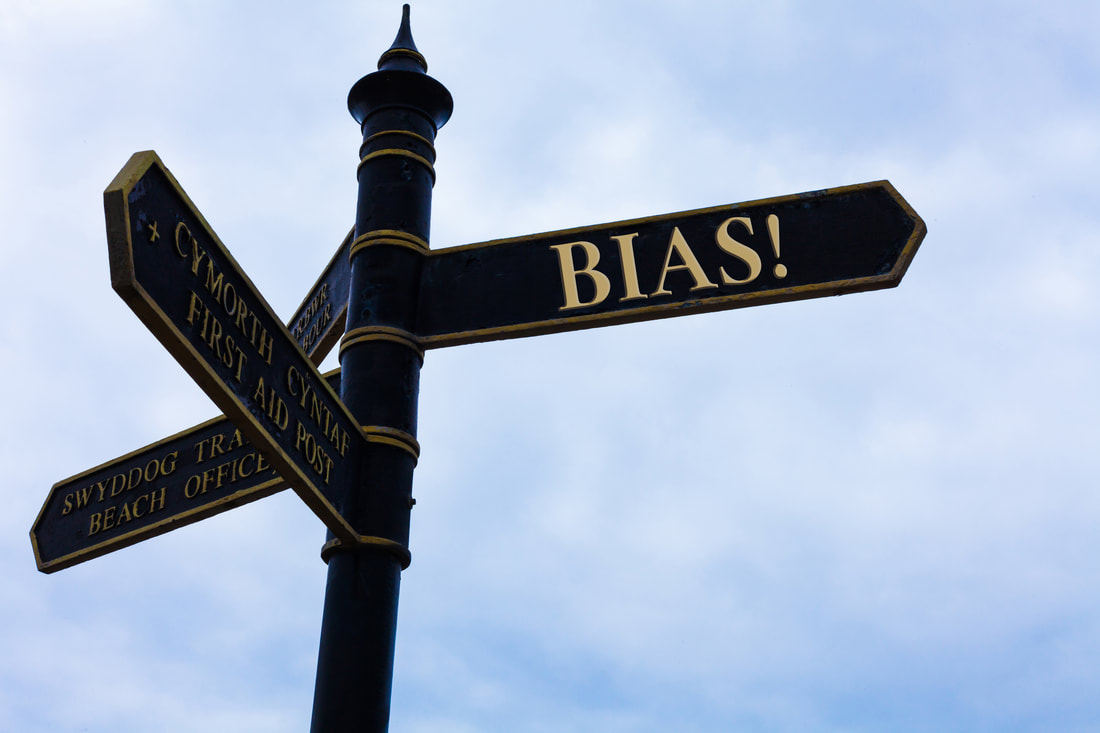
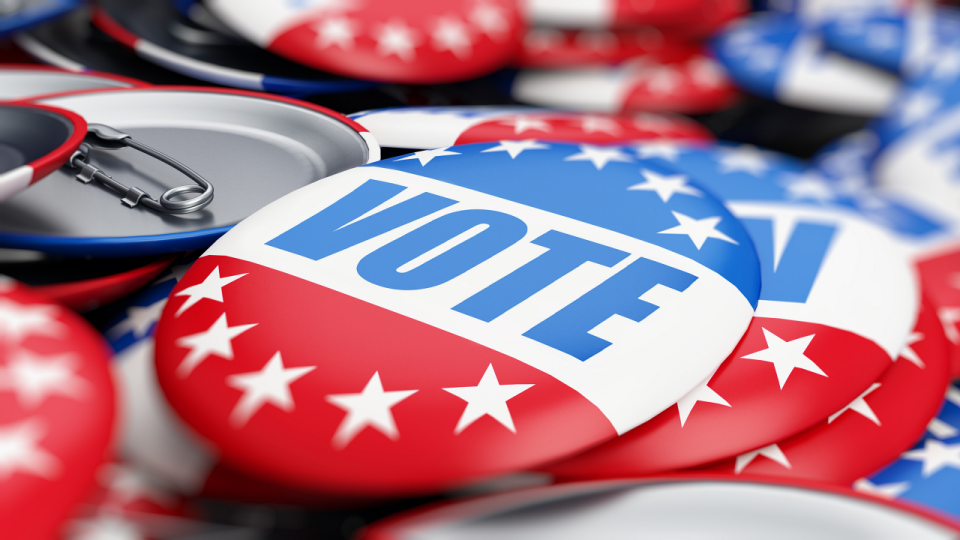
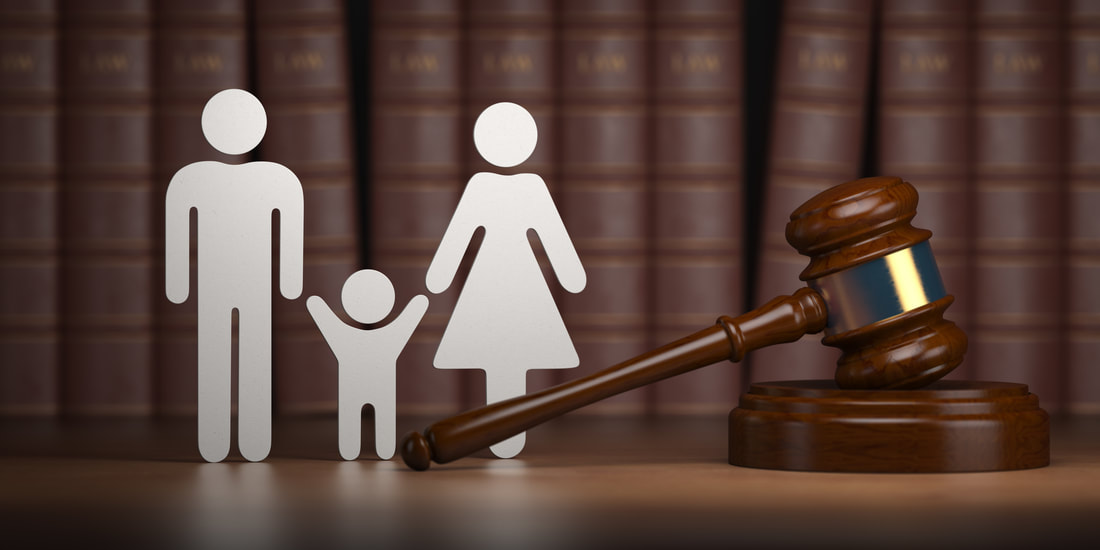
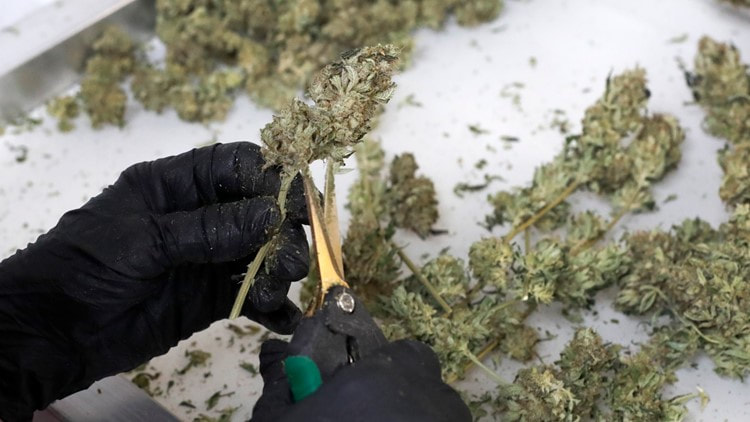
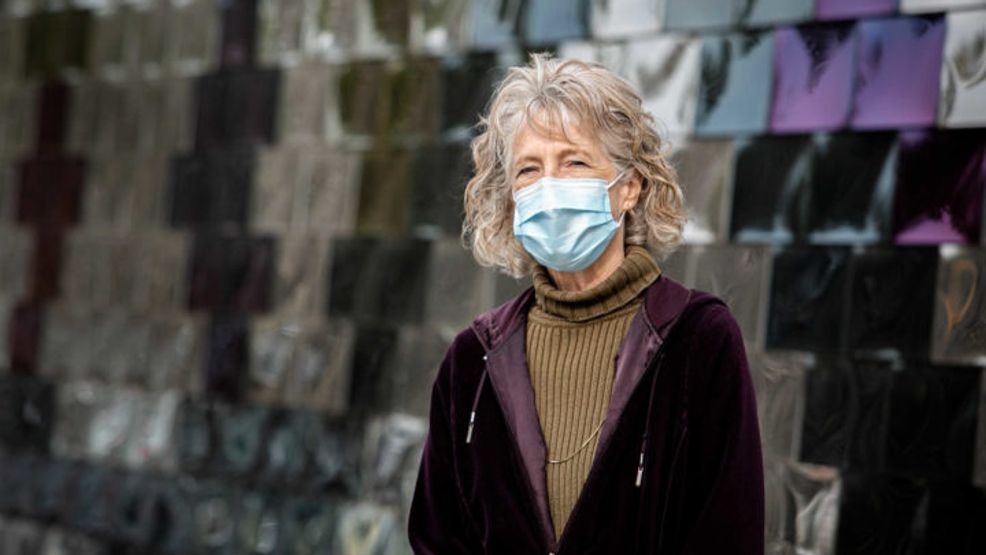


 RSS Feed
RSS Feed